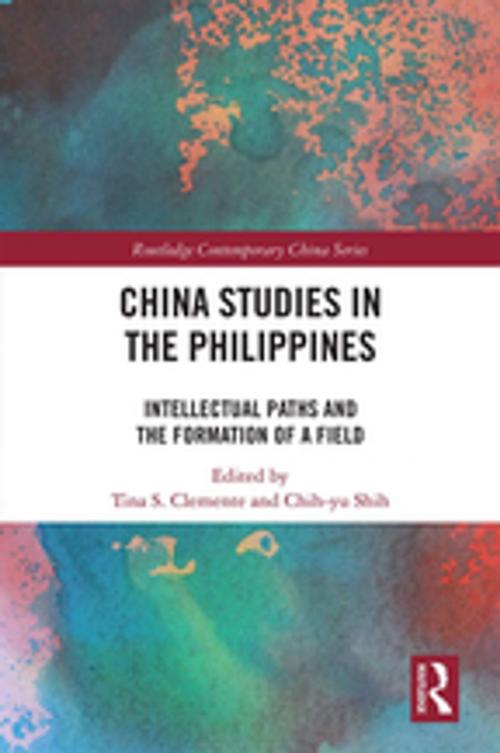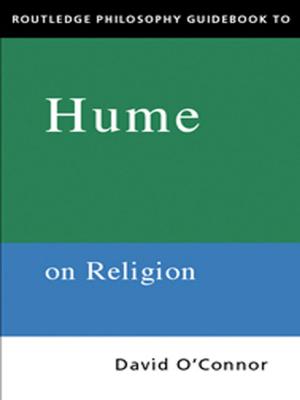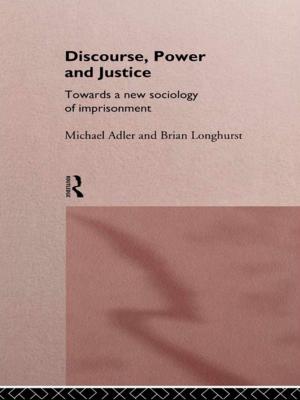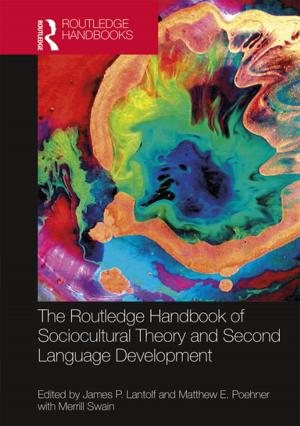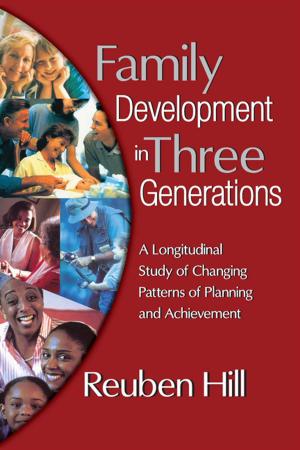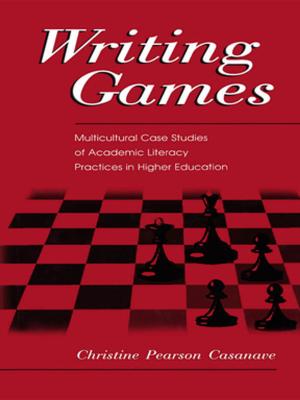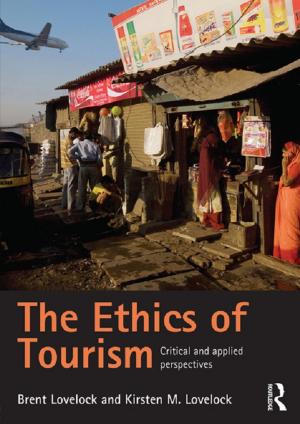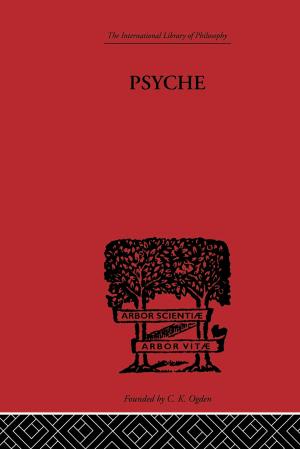China Studies in the Philippines
Intellectual Paths and the Formation of a Field
Nonfiction, Social & Cultural Studies, Social Science, Cultural Studies, Ethnic Studies| Author: | ISBN: | 9780429668531 | |
| Publisher: | Taylor and Francis | Publication: | September 21, 2018 |
| Imprint: | Routledge | Language: | English |
| Author: | |
| ISBN: | 9780429668531 |
| Publisher: | Taylor and Francis |
| Publication: | September 21, 2018 |
| Imprint: | Routledge |
| Language: | English |
As China Studies has grown as a discipline, it has also tended to be dominated by the major international powers, particularly China itself, and the USA. It is important to remember, however, that there is a rich and diverse history of China Studies elsewhere, especially in Southeast Asia. The Philippines is one such country. China studies experts from the Philippines encompass a broad spectrum of individuals, including activists and social workers, as well as university experts, think tank analysts, diplomats and journalists, and thus contribute a valuable new perspective.
This book seeks to therefore provide a deeper understanding of the Philippine approach to China, revealing the unique and complex connections between China Studies, ethnic studies, and policy studies. It highlights that the Philippines, as an epistemological site, complicates China as a category and Sinology as an academic agenda. Thus, the community can embrace nuances in research, as well as in life, to enable reconsideration and reconciliation of binaries. Furthermore, demonstrating how scholarship is a practice of life, and not merely a neutral process of observation and presentation, it challenges Sinologists elsewhere to see that understanding Sinologists is key to comprehending both their scholarship and China itself. As such, this book will be useful to students and scholars of Southeast Asian Studies and Chinese Studies, as well as anthropology and sociology more generally.
As China Studies has grown as a discipline, it has also tended to be dominated by the major international powers, particularly China itself, and the USA. It is important to remember, however, that there is a rich and diverse history of China Studies elsewhere, especially in Southeast Asia. The Philippines is one such country. China studies experts from the Philippines encompass a broad spectrum of individuals, including activists and social workers, as well as university experts, think tank analysts, diplomats and journalists, and thus contribute a valuable new perspective.
This book seeks to therefore provide a deeper understanding of the Philippine approach to China, revealing the unique and complex connections between China Studies, ethnic studies, and policy studies. It highlights that the Philippines, as an epistemological site, complicates China as a category and Sinology as an academic agenda. Thus, the community can embrace nuances in research, as well as in life, to enable reconsideration and reconciliation of binaries. Furthermore, demonstrating how scholarship is a practice of life, and not merely a neutral process of observation and presentation, it challenges Sinologists elsewhere to see that understanding Sinologists is key to comprehending both their scholarship and China itself. As such, this book will be useful to students and scholars of Southeast Asian Studies and Chinese Studies, as well as anthropology and sociology more generally.
